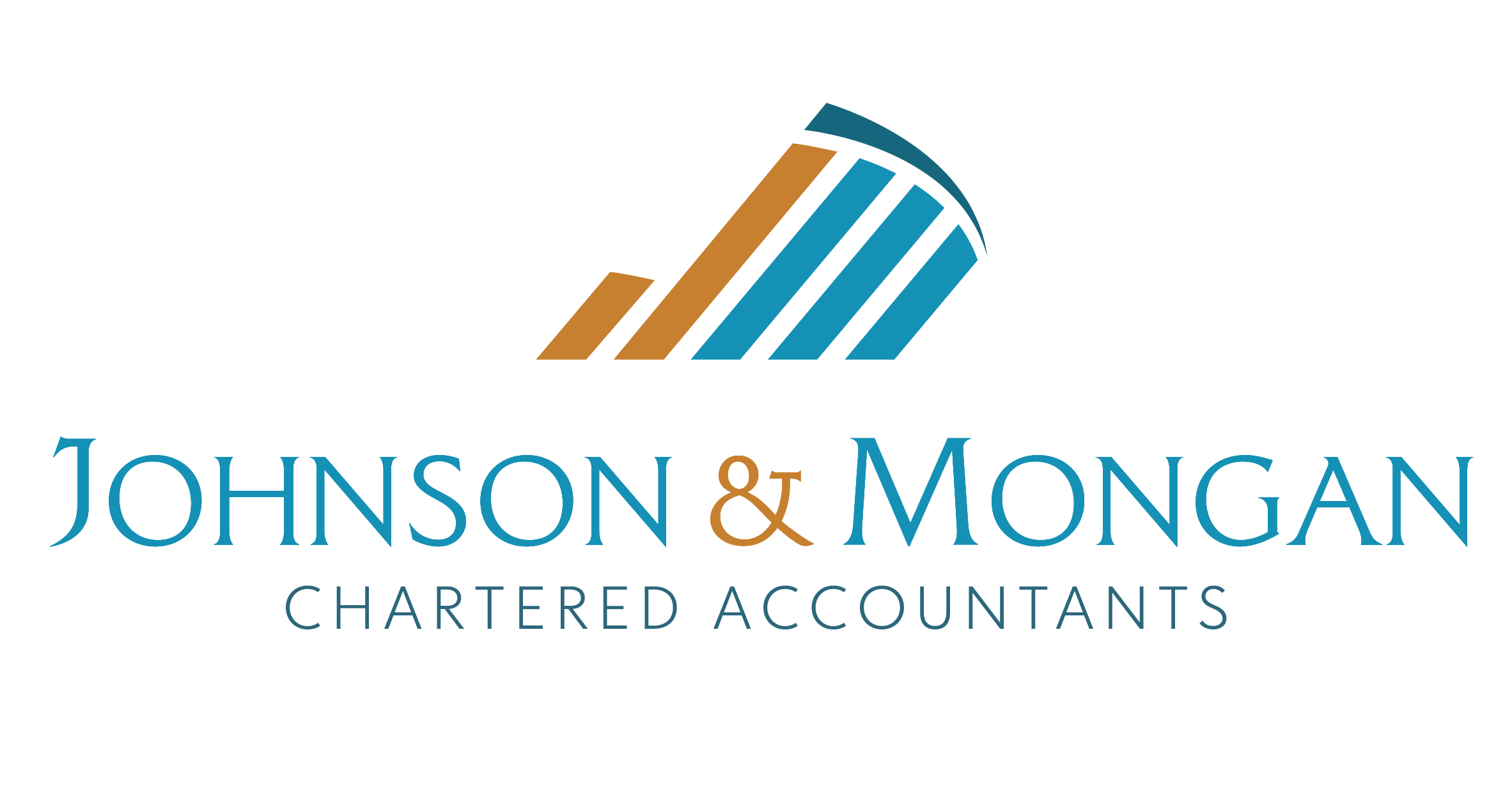High interest and inflation can pay dividends for SMSFs
While much of investors’ attention is naturally aimed towards the impact on mortgage repayments, higher rates are opening massive opportunities for retirees in term deposits, bonds and lower-risk assets, says the director of a leading wealth management firm.

.
Jamie Nemtsas, managing director of Wattle Partners, said although there will always be economic headwinds facing investors, the current situation is somewhat unique.
“Inflation aside, higher interest rates have changed the game,” he said.
“Those expecting 10 per cent per annum every year will be disappointed. More than ever, it is about resilience and true diversification, across country, style, and asset class.”
“A lot of younger people establishing an SMSF have a purpose in mind and that is how their journey starts – it is less likely to be about the outcome,” he said. “Typically, younger trustees want assets – usually real estate – but superannuation is supposed to be for retirement and to produce an income stream from multiple sources.
“So their journey doesn’t necessarily start correctly.”
Mr Nemtsas said it is best to avoid “simple rules” when it comes to building portfolios.
“Rather it’s about finding something you are comfortable with, but also is appropriate for your objectives,” he said.
“One big thing for us is the ‘sleep at night’ money – which is finding your number of how much you need in cash to be comfortable in your retirement.”
Mr Nemtsas said that the portfolios of the younger demographic of SMSF trustees tend to be concentrated in one thing like property trusts, and not on building a diversified portfolio.
“Financial literacy is still very low,” he said.
“People don’t understand they have to manage every cent of their SMSF and they don’t understand the need for diversification.”
Trustees have an obligation to increase their financial literacy said Mr Nemtsas, not just around compliance issues but also in regard to investment decisions.
He said he believes that there should be in an investment portfolio a regular process of rebalancing allocations to ensure the SMSF is gaining as much as it can from the investments it has made.
“Let’s say you’re a 40-year-old executive, and you’re going to work for the next 20 years, you want your capital to grow so you invest in more equities, more real estate,” he said.
“But when it comes to retirement, income is more important so how do you rebalance your portfolio to do that?
“I encourage clients to have an investment policy statement where they write down the rules of their investment strategy – things like don’t buy speculative assets, don’t buy too many shares in the same sector, don’t be overconfident, but also not to be scared when there is blood on the streets.
“You want to avoid making mistakes as they are the biggest thing that set you back from reaching your retirement goals.
“If you contribute your $27,500 throughout your working life, you will have it set, but it is the mistakes like buying too much crypto that can ruin your retirement goals, so learn from mistakes and minimise them by constantly reviewing and monitoring your investment portfolio.”




